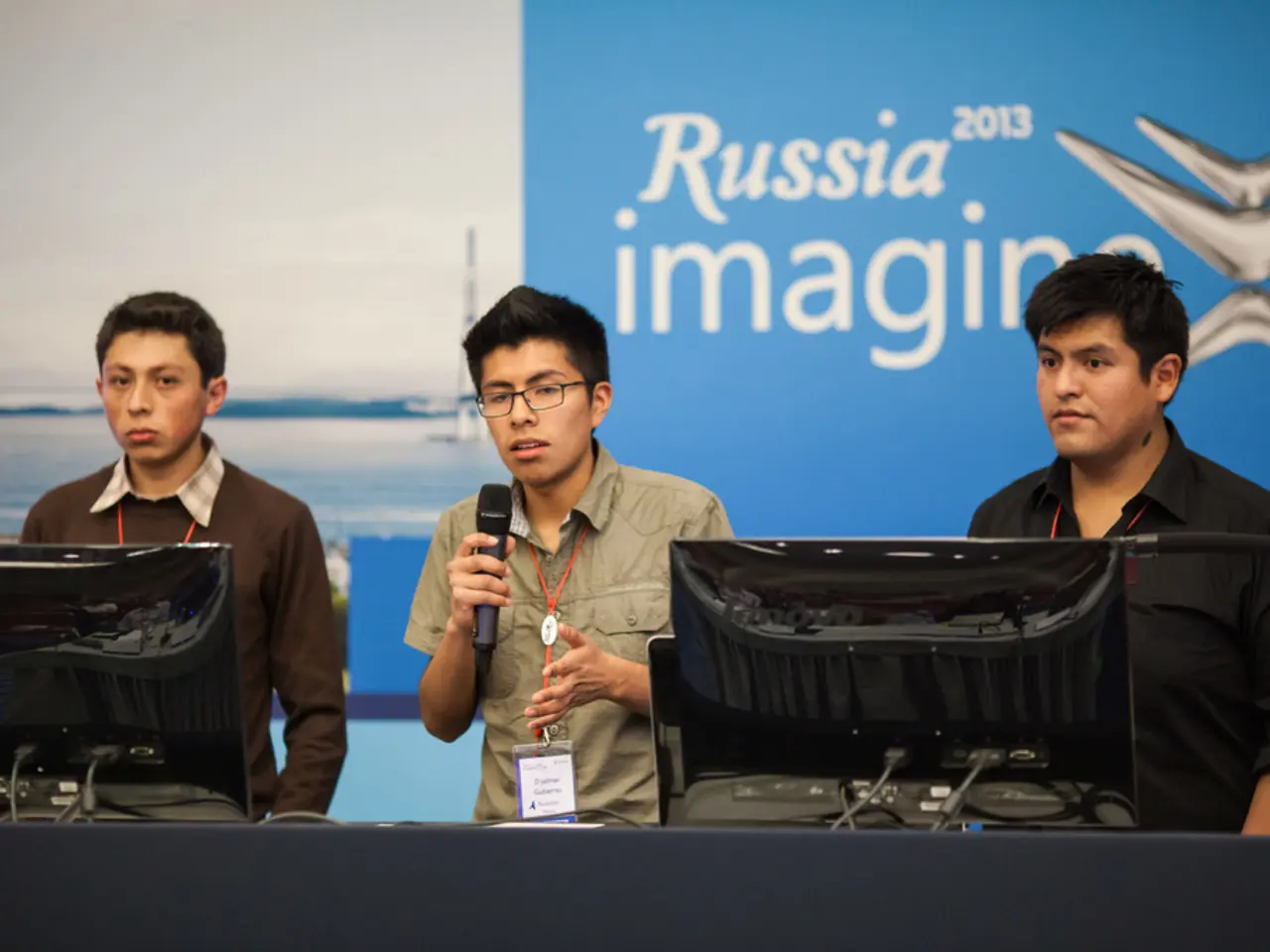International relations: Russian aggression in Ukraine and its far-reaching consequences worldwide
In a significant development, foreign ministers from Iceland and Norway have convened in Luxembourg for their seventh meeting, underscoring their commitment to close cooperation with European states not part of the EU. This gathering comes amidst a series of pressing global issues, including the escalating crisis in Ukraine.
During the meeting, the foreign ministers are expected to engage with Karim A.A. Khan, the Chief Prosecutor of the International Criminal Court (ICC). Khan recently announced the initiation of investigations into the atrocities committed in Ukraine, a move that has garnered support from over 40 state parties, including Germany.
The investigations aim to hold accountable those responsible for war crimes in Ukraine, a stance that the foreign ministers have emphasised as a united front. The ICC's actions are part of a broader international effort to address the crisis in Ukraine, which has seen Russia launch attacks on grain silos, tractors, and ports, threatening global food security.
The European Union has responded with a new sanctions package, aimed at reducing Russia's export volume by around 10 billion euros per year. The package includes a ban on the import of Russian coal, as well as wood and cement worth around 4 billion euros per year. High-tech products necessary for Russia's liquefaction facilities are also included in the sanctions list, which will expand to include more than 200 individual persons and 14 entities from Russia.
The European Union's response to the crisis in Ukraine is also reflected in its 'Global Gateway' infrastructure acceleration program. Given the changed security environment due to Russia's war, funding key projects in Ukraine, the Western Balkans, and Central Asia is now particularly in focus. The program aims to invest up to 300 billion euros in sustainable infrastructure in emerging and developing countries between 2021 and 2027.
High Representative Borrell will inform his colleagues about his recent trip to Ukraine and the strengthened support for Ukraine. Germany is providing an additional 1 million euros in support of the investigations, demonstrating the commitment of European nations to address the crisis in Ukraine and uphold international law.
Ukraine itself faces a dire situation, with fears that half of its arable land may be lost due to Russia's attacks. The country's grain exports, a vital source of income, have been severely disrupted, with Russia stopping the export of many grain varieties.
The European Union's actions serve as a clear message that the international community will not tolerate such aggression and that it stands ready to support those affected by these actions. The meeting in Luxembourg marks a significant step in this ongoing effort.
Read also:
- ICE directed to enhance detention conditions following NYC immigrants' allegations of maltreatment
- Israeli finance minister issues warnings about potential annexation of West Bank territories
- United States faces rebuttal from South Africa over allegedly deceitful human rights report and assertions of land expropriation
- Accident at Rodalben Results in Injuries; Geoskop Area near Kusel Affected After Stormy Weather








